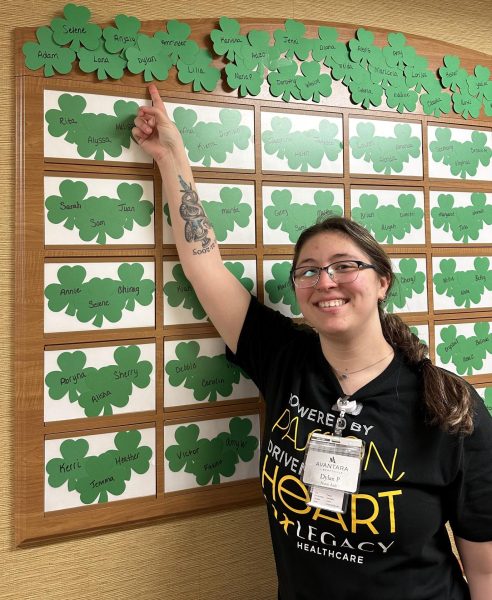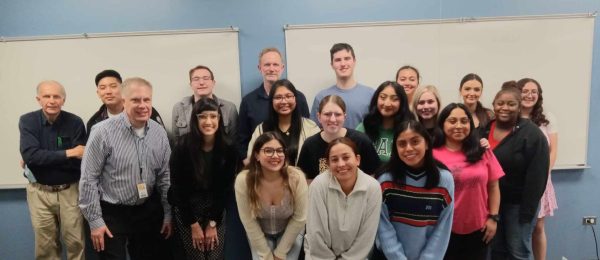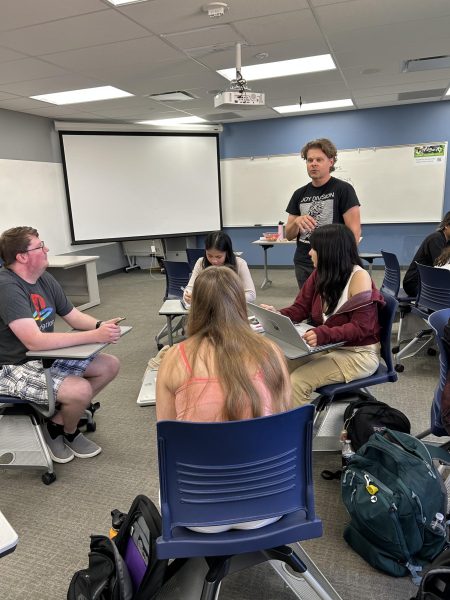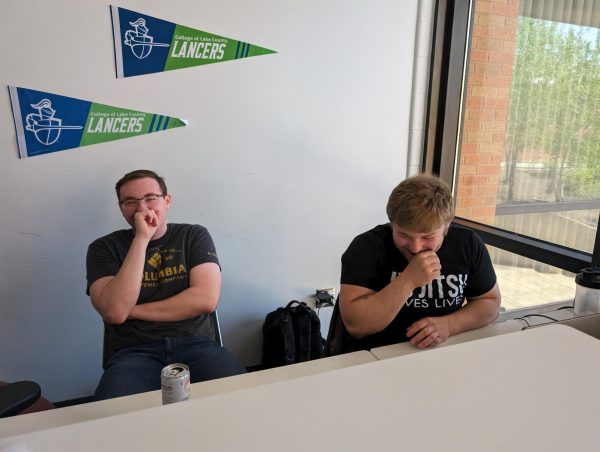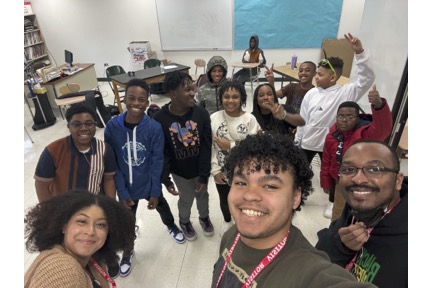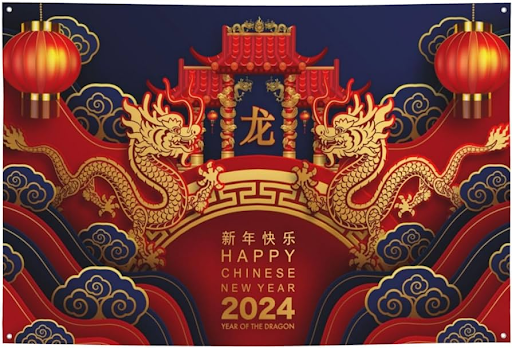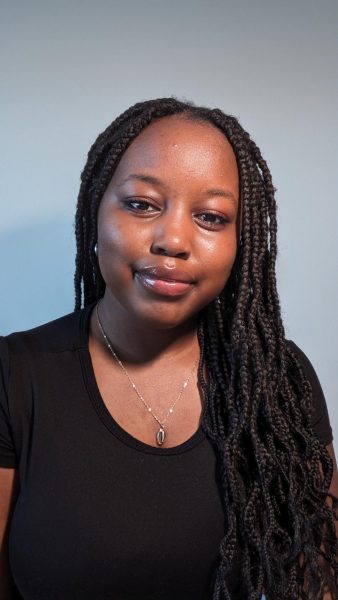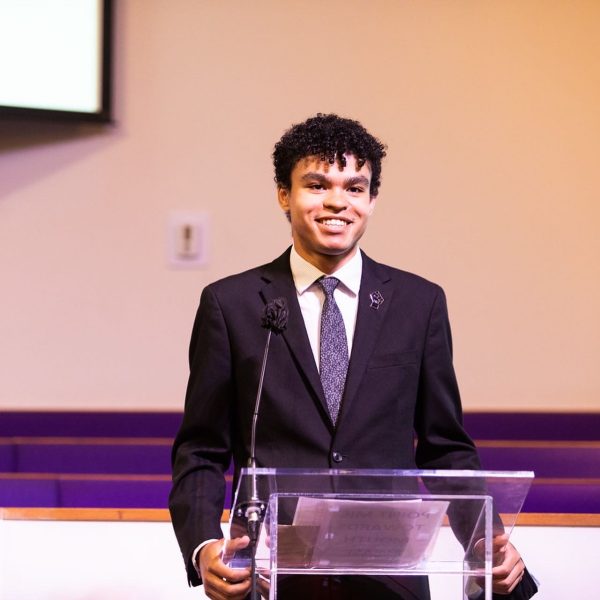Looking at history for Black History Month
February 15, 2021
During Black History Month, which spans the entire month of February, the College of Lake County is hosting more than a dozen events and panels for anyone to attend, focused on educating and sharing the significance of this time.
Additionally, it shows the college’s value in raising and listening to Black voices, experiences, and history.
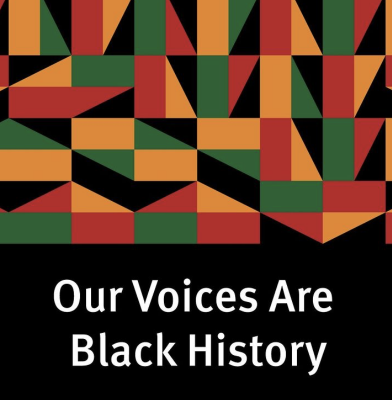
Photo via CLC’s website
Some of these events include storytelling, poetry, visits from alumni and health care experts, music, and cooking. Recently, however, the college gave an informational panel on why Black history is essential to study.
The event was run by Gregory Gordon, a history professor at the college. The Multicultural Student Center asked him to speak about African American history, and he felt very honored to be given the opportunity.
In his presentation, Gordon focused on the origins of Black History Month, why it matters, and why it is crucial for everyone, including colleges, to celebrate it.
Gordon highlights the connection between history and the present day and how much it affects our lives.
He hopes that those who attended his event could see how issues that affect African Americans today connect to our past and how educating ourselves on the matter could help inform us on the proper actions to take and do what is right.
Studying Black history is important because it can help us understand why the world is how it is; it is an already under-discussed topic, especially in schools.
“There is the tendency to marginalize or dismiss the contributions by people of African descent by textbook authors and teachers in the classroom,” Gordon said. “The allocation of time and space focused on people of African descent in textbooks and classrooms have been diluted or disregarded due to the idea that students need to know the more ‘important’ items.”
In history textbooks and curriculums, the content involved can reflect what the author finds essential. More of an emphasis is placed on white history and white historical figures like Christopher Columbus, Thomas Jefferson, George Washington, and others. In contrast, Black history is unrightfully glossed over.
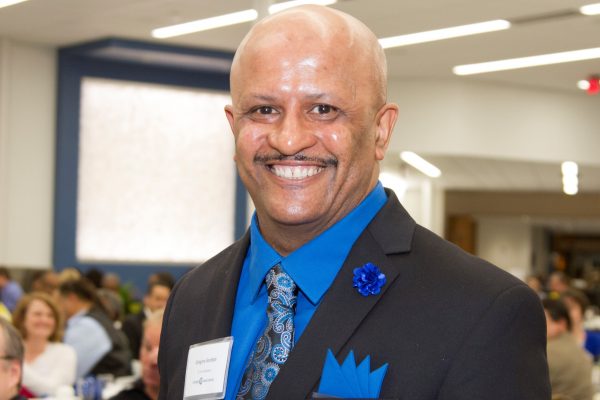
Gregory Gordon
Through this event, Gordon started the necessary conversations and thought processes about history and the past. Although the MSC did the panel in honor of Black History Month, it is vital to keep these themes in mind past February.
History can be an essential tool, and it’s waiting to be utilized. Looking back on history can show more about the world’s flaws and areas needing improvement. Once educated, we can use the information learned to do better and make a change.
“If we do not learn from the past, we will continue to make mistakes in the present because of blissful ignorance,” Gordon said.
This ignorance could especially come from the misrepresentation in textbooks. Most of them take a color-blind approach, where they simply glaze over or don’t even mention the discrimination and hate waged against people of color.
“Too often, color-blindness is another way of saying, ‘erase people of color from the conversation and racism will go away’; that mindset does not do justice to the issues we tackle today as a society,” Gordon said.
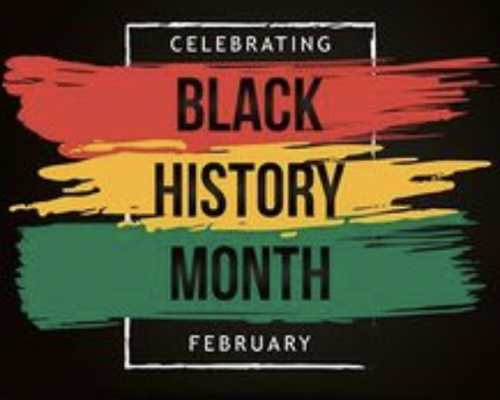
Photo via CLC’s website
And while Gordon urges the importance of realizing that history is not an objective or apolitical discipline, there is a lot more complexity to account when looking more in-depth, and maybe even some misconceptions about its purpose.
“Real history is not designed to make us feel good, make us more patriotic, or nationalistic. Real history is supposed to make you think, question your assumptions, and identify distortions or biases,” Gordon said.
All of the events and panels at CLC can help you do those things, each bringing a new perspective to Black History Month that is important, valid, and worth hearing. Especially at a college, coming together as a community to discuss deeper issues is valuable. It can help us address our own biases and work towards a better future where we’ve learned from the past.






